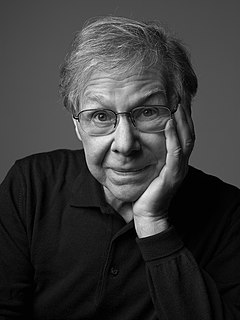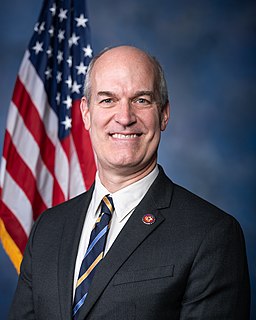A Quote by Michael Pollan
If you fill your Agriculture Committee with representatives of commodity farmers, and you don't have urbanites, you don't represent eaters, okay? You don't have people from New York City on these committees, you are going to end up with the kind of farm bills we have: a piece of special interest legislation.
Related Quotes
One time, I threw a candy wrapper on the street. I was with a friend who said to me, You just littered on the street! Don't you care about the environment? And I thought about it, and I said, You know what? This isn't the environment. This is New York City. New York City is not the environment. New York City is a giant piece of litter. Next to Mexico City, it's the shittiest piece of litter in the world. Just a pussy, runny, smokin', stinkin' piece of litter.
The Open Market Committee, as presently established, is plainly not in the public interest. This committee must be operated by purely public servants, representatives of the people as a whole and not any single interest group. The Open Market Committee should be abolished, and its powers transferred to the Federal Reserve Board - the present public members of the committee, with reasonably short terms of office.
In Westminster, I make sure I maximise my ability to represent my constituents. I can do that in a variety of ways: by asking written questions or questions in the House of Commons, through the scrutiny of bills and by sitting on the environmental audit select committee every week, as well as other committees.
I will continue to fight for legislation that forces Congress to read the bills! I will fight for a vote on my bill that calls for a waiting period for each page of legislation. I will continue to object when Congress sticks special interest riders on bills in the dead of night! And if Congress refuses to obey its own rules, if Congress refuses to pass a budget, if Congress refuses to read the bills, then I say: Sweep the place clean. Limit their terms and send them home!
I don't necessarily notice too much of a change in the sense of the kind of matches that I have in say a Los Angeles as opposed to a New York City. The big difference that I notice, and this is what all love as New York city and Philadelphia has treated me fantastically, but man, you cannot screw up in Philadelphia and New York.
When you grow up in the city, New York is so big that you can kind of stay in your own little corner of the city and think that that's it because you don't need anything. You don't have to venture out; you don't have to touch the boroughs. You can kind of stay in your neighborhood, and there's everything there.





































